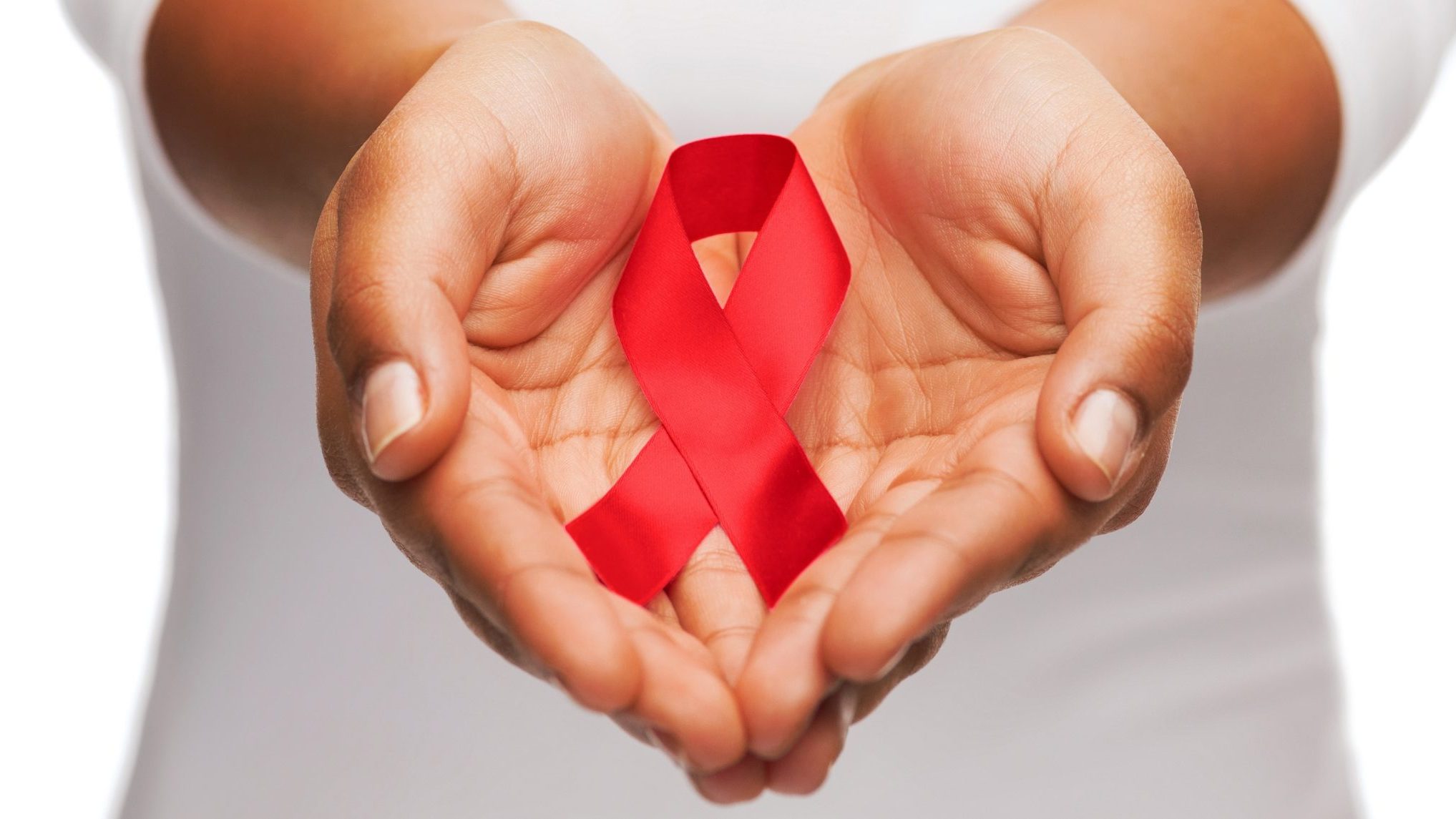I read a news article about Alabama prisoners and HIV this week. First time I’ve seen extensive reporting about the virus that causes AIDS in a long time.
According to the article, Alabama’s inmates are approximately three times as likely as other Alabamians to have contracted HIV. Apparently, one main reason is that the infection rate among Black men is relatively high. And Black men comprised 53 percent of prisoners in Alabama at the beginning of 2022.
I remember when HIV/AIDS was haunting us like a ghost. In the 1980s, it tore through the gay community, but eventually, we learned it didn’t matter. Gay, straight – anyone engaged in risky sexual behaviors or using illegal drugs intravenously could be infected.
My peers and I started talking about condoms and abstinence, and whispering about who was on the “down low.” Even in conservative, Bible Belt Alabama, it seemed like people were starting to die all around us.
The cause of death was never officially announced in these cases. Occasionally, a family member would discreetly share the truth. But sometimes that came later. Initially, we’d hear euphemisms like “pneumonia.”
Usually, there were other key signs before they died. Lesions on their faces. Dramatic weight loss – called wasting back then – and faces that were drawn and gaunt.
Those who died that I knew personally were young black men in their 20s or 30s. Virtually all were church-going Christians like me. The only major difference between them and me was that most of them were suspected to be – or known to be – gay.
The first person I knew died in 1986. We were suitemates at Oakwood College (now University). After he passed, there was a steady stream of deaths until the mid-to-late 1990s. After that, the deaths decreased. Our discussion about HIV/AIDS did, too.
After 2000, I can only remember three people dying of the disease: a colleague, a schoolmate’s child, and one of my uncles (again, a whispered family secret).
These days, I go for months without thinking about HIV/AIDS. It’s like it just disappeared.
Except it hasn’t. Despite the living miracles we know as basketball legend Earvin “Magic” Johnson and AIDS activist Rae Lewis Thornton – both of whom have outlived their original HIV diagnoses by decades – others still are being infected by this deadly virus.
According to the Alabama Department of Public Health, Black people are especially vulnerable. In Alabama, we accounted for 71 percent of all new cases in 2018 even though we were only 27 percent of the population. We were also 64 percent of all Alabamians living with HIV that year.
ADHP also reports that African Americans are nearly 7 times more likely to become infected with HIV than people of other races. Through the years, I’ve heard experts attribute this to stigma and poverty.
Stigma equals homophobia in this case. Exacerbated by the views of some church-going folks that people in same-sex relationships are going to Hell faster than the rest of us might. Pushing folks deeper into the closet and risky behaviors.
Poverty often means a lack of access to information about safe sexual habits and good health care. Both are extremely needed.
Alabama data also shows that most new HIV infections are in men who have sex with men (51 percent). However, there are still a significant number of people being infected through heterosexual contact (25 percent).
Black males, 15-29 years old, are at high risk for HIV – 11 times more likely to be infected than the rest of us. Sexual fluidity may be a factor there, because ADPH says that these young men resist sexual labels, suggesting they have the inhibitions others do.
If you’re like me, you needed this reminder about HIV/AIDS. It may not be as dramatic an issue as it once was. But it is still among us.
In Alabama prisons. And outside of them.
So wherever you are, be a smart, safe sex partner. HIV is preventable. Use condoms. Ask your doctor for a prescription for PrEP, a preventive medicine that is highly effective at preventing HIV. Don’t be reckless. And if you have been, know your status. Get tested.
Or be abstinent, a choice many make. It’s not about being pious or prudish. It’s about being healthy and safe. And that’s ok, too.





















































